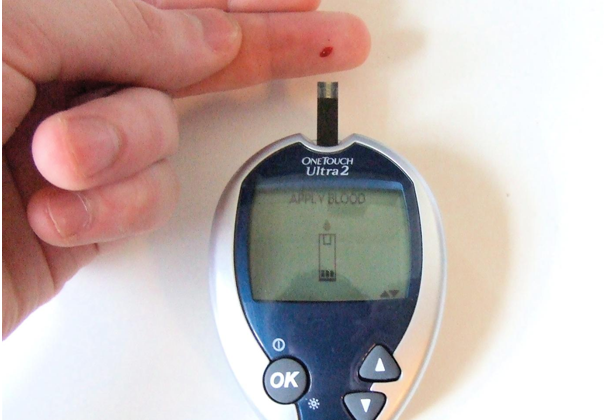Key Takeaways:
- Becoming a firefighter or EMT requires rigorous training, education, and a passion for serving the community.
- The role demands physical fitness, emotional resilience, and a commitment to continual learning.
- Understanding the challenges and rewards of these careers can guide aspiring professionals in their journey.
Understanding the Role of Firefighters and EMTs
Emergency Medical Technicians (EMTs) and firefighters are essential to maintaining community safety and wellbeing. Their responsibilities encompass various tasks, from battling raging fires to providing critical medical assistance during emergencies. Their capacity to make quick, well-informed decisions can be the difference between life and death in situations where every second matters. For those aspiring to join this noble profession, pursuing an emergency medical responder course Texas can be a valuable first step, offering foundational training essential for success.
Beyond the physical demands, the role also requires a mindset geared toward continuous learning and improvement. This is where resources such as the U.S. Fire Administration become invaluable, providing access to the latest safety protocols, technological advancements, and best practices in the field. Staying informed and adaptable is vital, as the landscape of emergency services is constantly evolving.
Essential Training for Aspiring Professionals
Rigorous and comprehensive training programs mark the journey to becoming a firefighter or EMT. These courses give students the abilities and information they need to meet the demands of the workplace. The training typically includes theoretical education and practical simulations, covering fire science, emergency medical procedures, rescue operations, and equipment handling.
Through simulations and drills, trainees can encounter genuine emergency events in a controlled setting. This enables students to hone their abilities before dealing with difficulties in the real world. This blend of classroom learning and hands-on practice ensures that aspiring professionals are well-prepared to respond effectively to emergencies.
Key Traits of Successful Firefighters and EMTs
- Physical Fitness: Maintaining a high level of physical fitness is essential due to the physically demanding nature of the job, which can involve strenuous activities such as carrying heavy equipment or removing individuals from hazardous situations.
- Emotional Resilience: The ability to stay composed and focused under pressure is crucial for firefighters and EMTs, who often encounter traumatic and high-stress situations.
- Adaptability: Given the unpredictable nature of emergencies, professionals must be able to adapt quickly and modify their response strategies as circumstances change.
Besides these traits, effective communication and teamwork are vital. Successful emergency response often relies on clear communication and coordination among team members to execute plans seamlessly and efficiently.
The Challenges and Rewards of the Profession
There are particular difficulties in a career in emergency medical services and firefighting. The job’s physically and mentally demanding nature, combined with the high stakes, can be daunting. However, the rewards are immense for those passionate about making a positive impact. Saving lives and defending communities brings a profound sense of fulfillment and purpose that is unmatched.
Working alongside dedicated colleagues also fosters a strong sense of camaraderie. Firefighters and EMTs often develop close-knit relationships, providing mutual support and encouragement, which can be invaluable during challenging times.
Continuous Education and Certification
The emergency services sector is dynamic, with best practices and ongoing technology improvements. Remaining up to date and effective in emergency response requires ongoing education. To improve a professional’s capacity in an emergency, regular re-certification programs introduce new techniques and technology and refresh existing skills.
This dedication to lifelong learning raises the standard of treatment given. It fosters a culture of excellence and preparedness, ensuring that firefighters and EMTs can meet the evolving needs of the communities they serve.
How to Begin Your Journey
For those inspired to pursue a career as a firefighter or EMT, the journey begins with research and engagement in accredited training programs. Prospective candidates should familiarize themselves with the profession’s demands, seek mentorship from experienced professionals, and gain a solid understanding of the necessary skills. These actions lay a solid basis for negotiating the road to a fulfilling and influential career.
In the end, choosing to work in emergency medical services and firefighting is a demonstration of one’s dedication to serving and defending others. It is a path characterized by resilience, personal development, and the deep capacity to positively impact the lives of others.
Read Full Article












